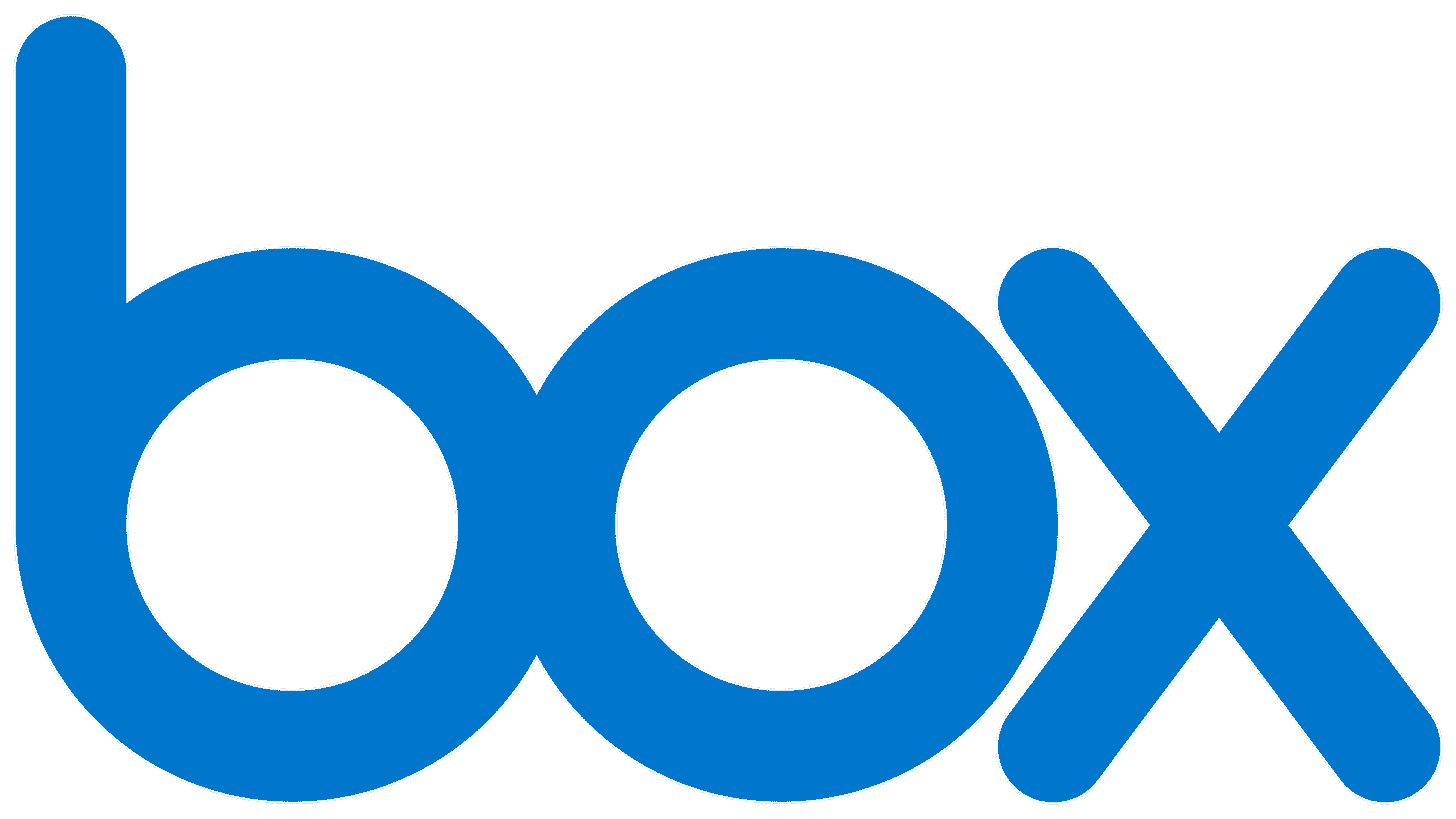Box CEO Aaron Levie on AI’s ‘era of context’
Roundup Sep 12, 2025
Hello data folks 👋.
Here's a more direct and human version:
Box just released Box Automate, which works like an operating system for AI agents. Instead of one agent trying to handle everything, it breaks work into smaller pieces and passes them between different specialized agents.
CEO Aaron Levie says they built it this way because today's AI models can only remember so much at once - they hit limits when trying to process large amounts of information.
For businesses worried about AI going rogue, Box Automate keeps tight controls in place while still letting the AI agents do their work. It uses Box's existing security system, so the AI can only see the same files and data that each user normally has access to.
Source: Techcrunch
Oracle quarterly financial report
Oracle investor relations | September 10, 2025 | 2 hour read
Oracle's latest quarterly results show they're betting everything on cloud infrastructure. Their cloud business (OCI) shot up 55% compared to last year, while their old software licensing business dropped 12%. It's clear they're abandoning their traditional model to go head-to-head with Amazon, Microsoft, and Google.
They're putting their money where their mouth is - Oracle spent a massive $8.5 billion this quarter, almost entirely on building new data centers. The company says they're doing this because customers are demanding huge amounts of computing power, especially for AI applications.
Survey Says: Where Graph Databases Fall Short — And What to Expect
Hash Block | September 1, 2025 | 5 minute read
Despite all the buzz, new surveys show graph databases are barely being used in real production systems. Companies keep running into the same problems: they don't scale well and they're too complicated to work with.
The main issues are fundamental. Graph databases struggle to spread workloads across multiple servers because their queries often need to look at everything at once. Developers have to learn specialized query languages like Cypher and Gremlin, which is a pain. And connecting them to existing databases creates a mess of integration work.
One fintech startup tried using a graph database to catch fraud but gave up when it couldn't handle 100,000 transactions per second in real-time.
Now companies are turning to hybrid databases like Cosmos DB and ArangoDB instead. These let you run graph-style queries without having to rip out your existing systems.
How Delta Lake Works
Junaid Effendi | September 6, 2025 | 3 minute read
Delta Lake solves a big problem with data lakes: they're usually a mess when multiple people try to read and write data at the same time. Delta Lake fixes this by keeping a detailed log of every change made to your data.
Here's how it works: Delta Lake creates a special folder called _delta_log/ that contains JSON files tracking every single table change. It also saves periodic snapshots in Parquet files to keep things fast. When someone wants to write data, they have to get exclusive access to prevent conflicts. When someone wants to read data, the system rebuilds the current state by replaying all the changes from the last snapshot.
The result is that different tools like Spark, Trino, and Flink can all work with the same data without stepping on each other.
If your team is dealing with data corruption issues or needs multiple systems to reliably access the same data, Delta Lake is worth checking out.
Two More Things
Why do people think dbt is a good idea? (Reddit)
After 8 years, I'm thinking of callling it quits (Reddit)
That’s the brief.


